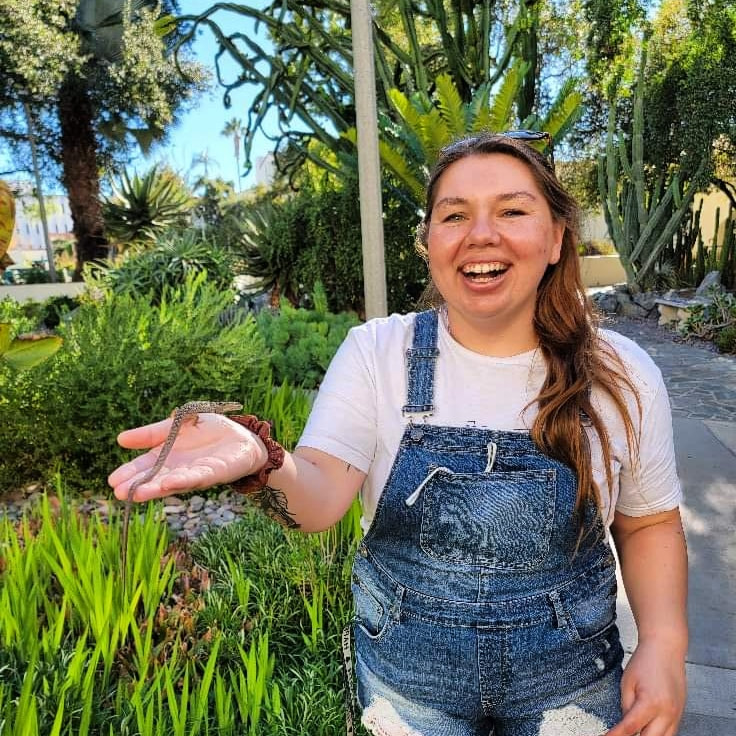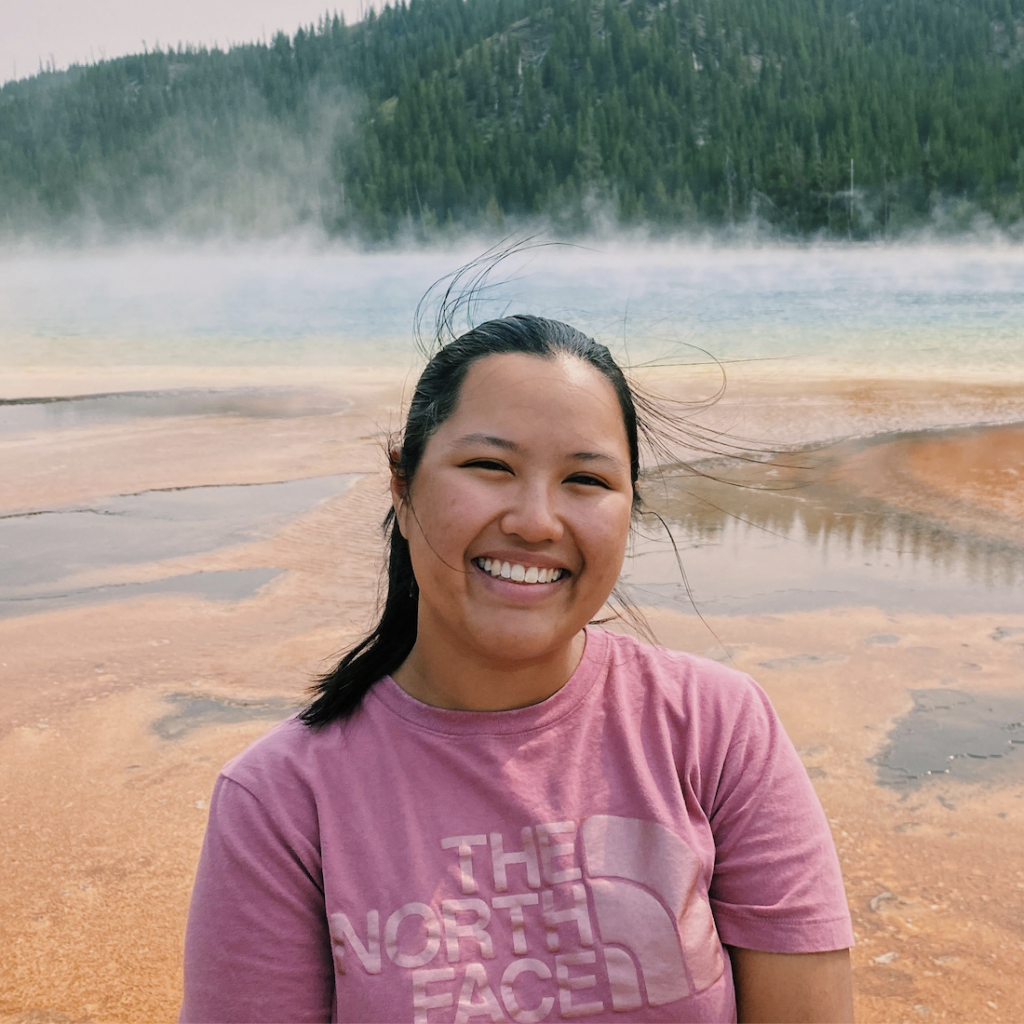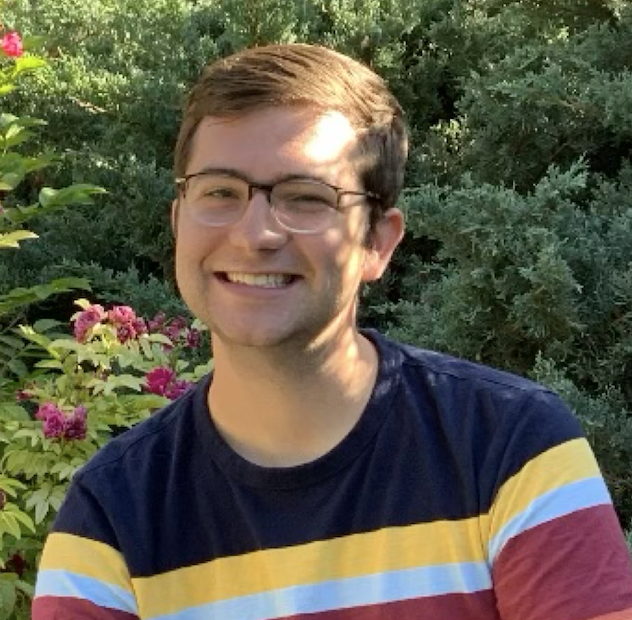The Presidential Membership Initiative was launched in 2020 as a way for the Genetics Society of America to invite talented and creative individuals from diverse backgrounds into our community. We are pleased to introduce the next cohort of Presidential Members. Throughout 2024, they will network with one another and with other Society and Board members, participate in GSA Conferences, and be valued additions to our community. Welcome, Presidential Members!
We are introducing Presidential Members this week, so be sure to check back and meet your new colleagues.
Alexandra McElwee-Adame

Graduate Student, San Diego State University
I am exploring the evolutionary history and genomics of Humulus lupulus (hops) domestication and the effects of climate change on future production.
Anvita Kulshrestha

Graduate Student, Duke University
I am working on identifying genetic factors that predispose Sickle Cell Disease patients to develop specific end-organ complications and to experience more or less severe clinical courses.
Carolyn Damilola Ekpruke

Postdoctoral Researcher, Indiana University, Bloomington
I am investigating mediators of sex disparities in asthma.
Debraj Manna

Graduate Student, Indian Institute of Science
I study the intricate regulation of translation in mammalian cells, primarily focusing on exploring non-canonical protein translation. This involves investigating non-canonical translation initiation sites and mechanisms to contribute to understanding alternative protein isoforms and translational efficiency.
Derica Tavares

Postdoctoral Researcher, University of California, Berkeley
I study transcriptomic and histochemical analysis of plant-pathogen interactions with an emphasis on fungi.
Eve Kakudji

Graduate Student, University of California, Berkeley
My research focuses on understanding how mitochondrial metabolites contribute to changes in gene expression in the nuclear genome.
Faith Olusegun

Graduate Student, Federal University of Technology, Akure
Benchmarking is a crucial step in evaluating the effectiveness of sequence alignment algorithms and it involves comparing the results of different algorithms on the same dataset to determine their accuracy, sensitivity, and specificity. Benchmarking helps researchers like me to identify the strengths and weaknesses of different bioinformatics algorithms and to select the best one for a given application.
Faye Romero

Graduate Student, University of Rochester
I study the genetic causes and consequences of inbreeding in small populations, specifically in the threatened bird, the Florida Scrub-Jay.
Fiona Nelima Mumoki

Postdoctoral Researcher, University of Pretoria, South Africa
My research focuses on unpacking the communication signals of eusocial insects such as the honey bee Apis mellifera, with particular emphasis on reproductive conflicts. These conflicts often lead to the collapse or destruction of the insect colony, posing significant implications for apiculturists’ livelihoods and exerting repercussions on food security.
Flor-Anita Corredor

Graduate Student, Institutio Nacional de Innovación Agraria, Peru
My research centers on population studies and genetic improvement of livestock species in Peru, aiming to provide valuable insights for farmers, inform policymaking, and contribute substantively to the scientific community. The ultimate objective of my projects is to offer pertinent information that aids both agricultural practices and informed decision-making in the realms of farming policies.
Jennyfer Mora Mitchell

Postdoctoral Researcher, University of Colorado School of Dental Medicine
I am studying the role of the Alx family of transcription factors during the patterning and development of the midface in zebrafish relating to the pathogenesis of frontonasal dysplasia.
Joseph Stewart

Graduate Student, Colorado State University
Our lab focuses on genome instability and genomic rearrangements. My work addresses systemic genomic instability in the context of mutation bursts.



